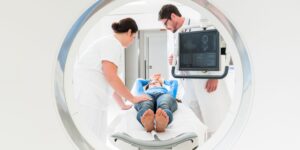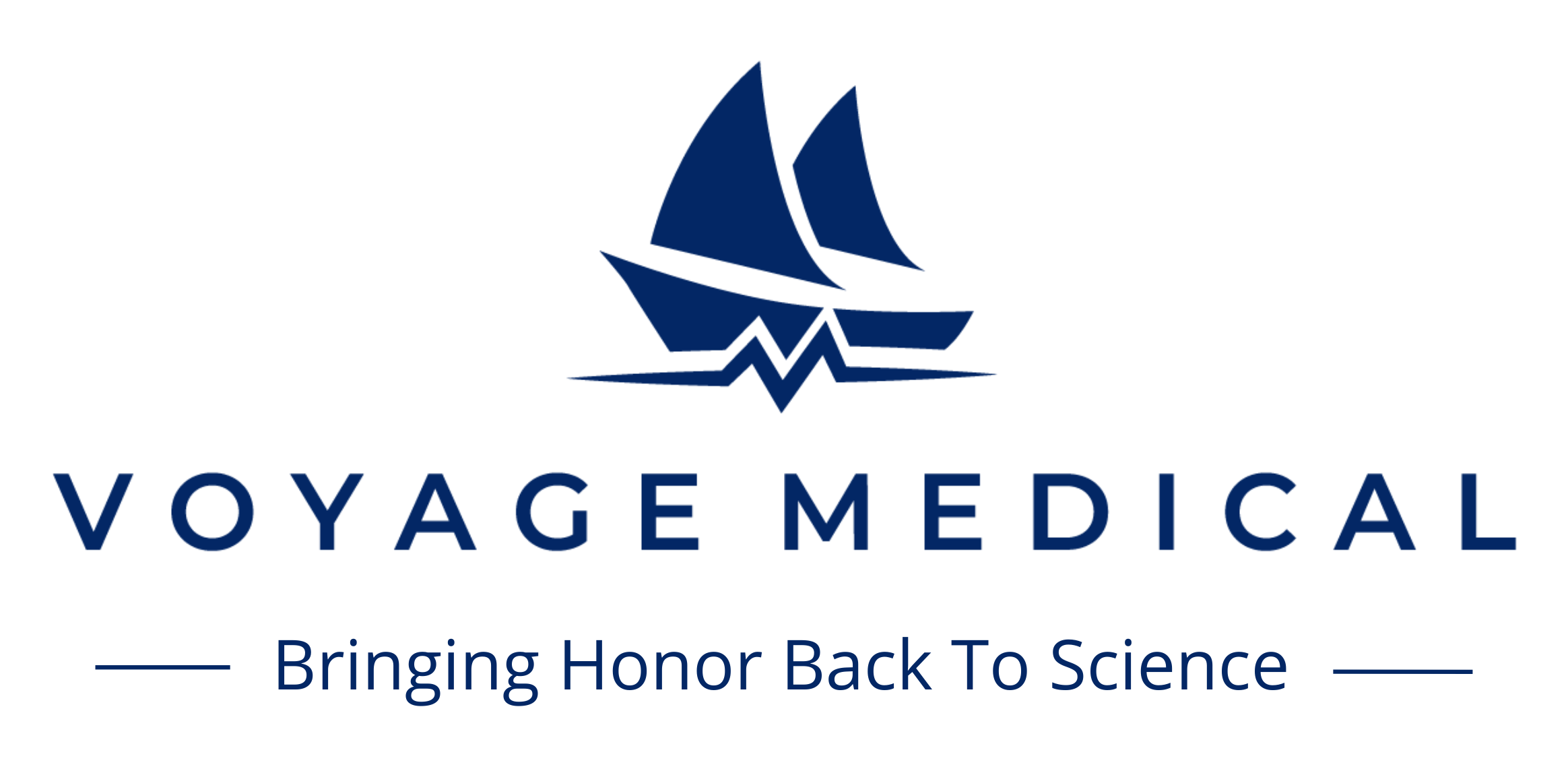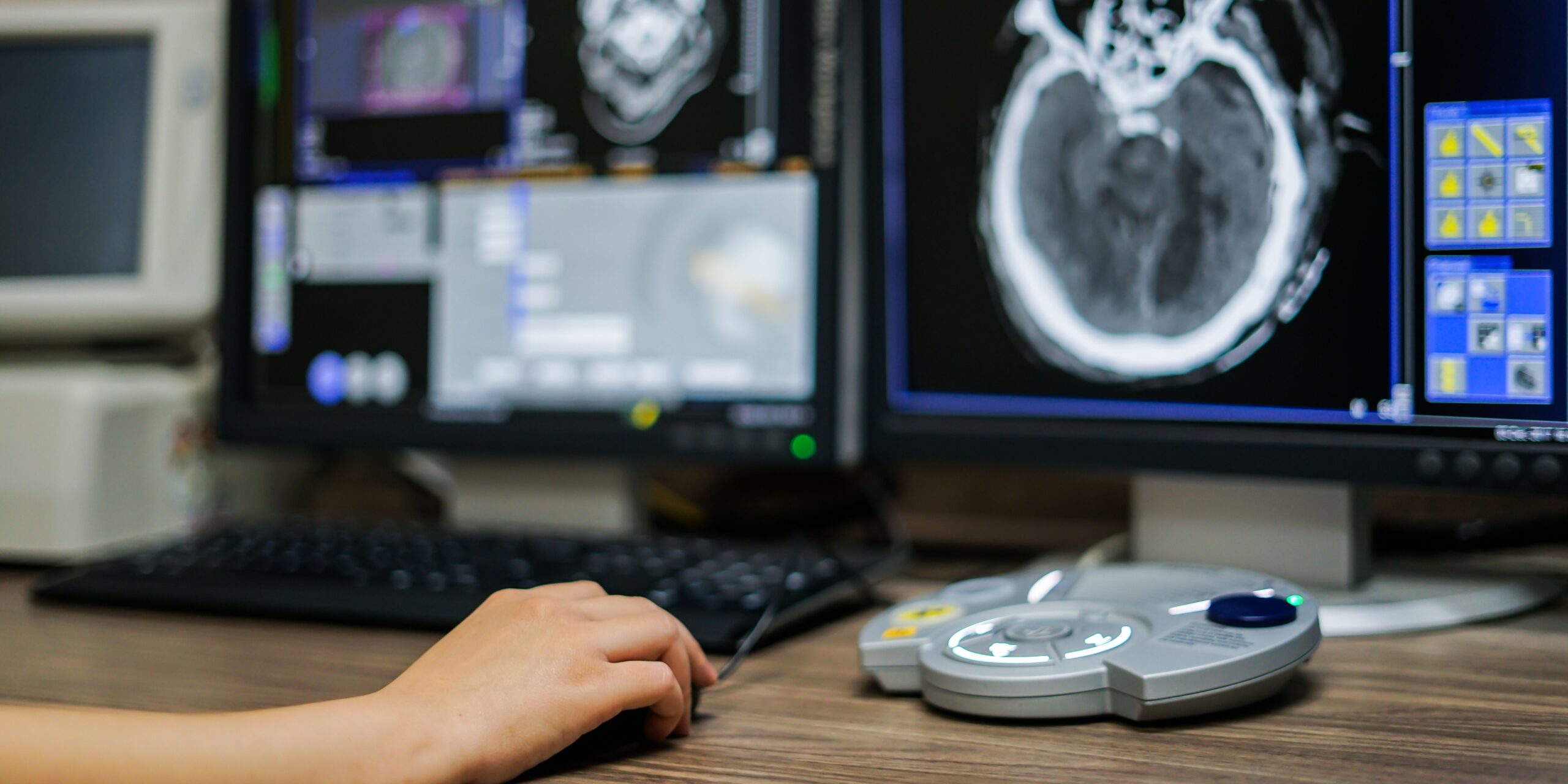In the realm of medical diagnostics, the evolution of technology has revolutionized the way we detect and understand various health conditions. Among the remarkable advancements, computed tomography (CT) scan has emerged as a key tool for non-invasive and detailed imaging. This powerful technique has proven indispensable in diagnosing a wide range of ailments, guiding treatments, and ultimately improving patient care.
Understanding CT Scans:
Computed Tomography (CT) scan is a sophisticated imaging technique that employs X-rays and computer processing to generate detailed cross-sectional images of the body. Unlike traditional X-rays, which produce 2D images, CT scans provide multidimensional views, allowing medical professionals to examine internal structures with exceptional clarity.
The CT scanning process involves a rotating X-ray source and detectors that capture a series of cross-sectional images, or “slices,” of the body. These slices are then reconstructed by a computer into a comprehensive 3D image, enabling healthcare providers to visualize organs, tissues, and abnormalities from various angles.
Applications of CT Scans:
- Diagnosis and Screening: CT scans are extensively used to diagnose a broad spectrum of medical conditions, ranging from cardiovascular diseases to cancers, neurological disorders, and bone fractures. They offer unparalleled insight into the location, size, and nature of abnormalities, aiding accurate diagnoses.
- Trauma and Emergency Care: CT scans play a vital role in assessing injuries sustained in accidents or emergencies. They quickly provide detailed information about internal bleeding, fractures, organ damage, and other critical conditions, assisting medical professionals in making swift and informed decisions.
- Surgical Planning: Surgeons rely on CT scans to plan complex procedures. By visualizing the patient’s anatomy in detail, CT scans help determine the optimal approach, identify potential challenges, and minimize risks during surgery.
- Monitoring and Treatment Evaluation: CT scans are valuable in tracking the progression of diseases and monitoring the effectiveness of treatments. They enable physicians to observe changes in tumors, evaluate response to therapies, and modify treatment plans accordingly.
- Radiation Therapy: CT scans are employed in radiation therapy to precisely target tumors while minimizing radiation exposure to healthy tissues. By aiding in treatment planning and positioning, CT scans contribute to more effective and efficient radiation treatments.

The Advantages of CT Scans:
CT scans offer several advantages that contribute to their widespread use in medical diagnostics:
- Speed and Accuracy: CT scans provide rapid results, allowing healthcare professionals to promptly diagnose and initiate treatment. The high-resolution images aid in accurate interpretation, enabling precise localization of abnormalities.
- Non-Invasiveness: CT scans are non-invasive procedures, meaning they do not require surgical incisions. This reduces patient discomfort, eliminates the need for anesthesia, and lowers the risk of complications compared to invasive diagnostic methods.
- Versatility: CT scans can image various parts of the body, including the brain, chest, abdomen, pelvis, and extremities. This versatility allows comprehensive assessment and diagnosis of different medical conditions.
- Enhanced Contrast: CT scans can be performed with contrast agents, such as iodine-based dyes, which enhance the visibility of blood vessels, tumors, and other structures. This improves the detection and characterization of abnormalities.
Future Directions and Innovations:
The field of CT scanning continues to evolve, driven by ongoing advancements in technology and research. Some notable developments on the horizon include:
- Reduced Radiation Dose: Researchers are exploring techniques to further decrease radiation exposure during CT scans, maintaining image quality while ensuring patient safety.
- Dual-Energy CT: Dual-energy CT imaging combines data from different energy levels, enabling improved tissue characterization and the detection of subtle abnormalities.
- Functional CT: Efforts are underway to integrate functional information into CT scans, such as blood flow and tissue perfusion, providing a more comprehensive understanding of diseases.
- Artificial Intelligence (AI) Integration: AI algorithms are being developed to assist in the interpretation of CT scans, aiding radiologists in faster and more accurate diagnoses
The advent of CT scans has revolutionized medical imaging, empowering healthcare professionals with unparalleled visualization and diagnostic capabilities. Their widespread application across various medical fields has transformed patient care, allowing for early detection, precise diagnoses, and improved treatment outcomes. As technology continues to advance, we can look forward to further enhancements in CT scanning, paving the way for even more effective and efficient healthcare practices.






